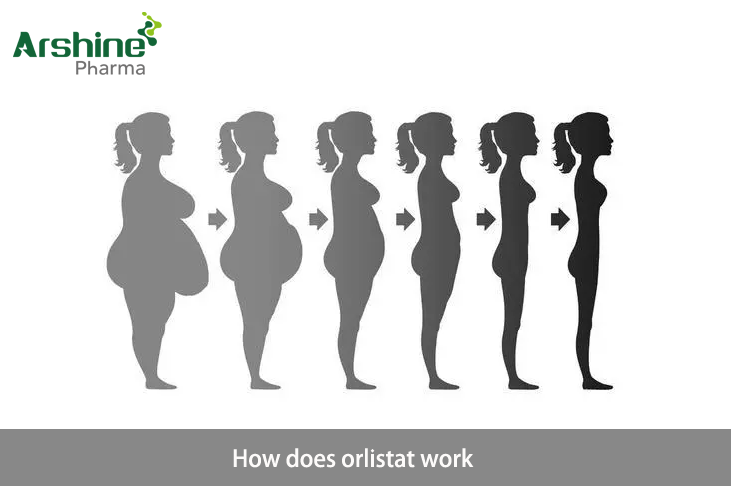Orlistat, a medication commonly known by its brand name Alli or Xenical, is a pharmaceutical agent that functions as a gastrointestinal lipase inhibitor. It is primarily used for the management of obesity and weight-related health conditions. Orlistat's mechanism of action is distinctive and revolves around its ability to interfere with the digestion and absorption of dietary fats within the digestive system. This unique approach to weight management has made it a significant tool in the battle against obesity and its associated complications.

The primary mode of action of orlistat is grounded in its capacity to inhibit pancreatic and gastric lipases, enzymes that play a critical role in breaking down dietary fats into smaller components that can be absorbed by the body. These enzymes are produced by the pancreas and are essential for the proper digestion of fats consumed in the diet. However, in the context of weight management, the inhibition of these enzymes offers a strategic advantage.
Orlistat is administered orally, typically in the form of capsules. Once ingested, it enters the digestive system and selectively targets the pancreatic and gastric lipases present in the stomach and small intestine. By binding to these enzymes, orlistat effectively prevents them from breaking down dietary fats into their absorbable forms – free fatty acids and monoglycerides. This results in a substantial portion of dietary fats passing through the gastrointestinal tract undigested and unabsorbed.
The undigested fats then move through the digestive tract and are eventually eliminated from the body through bowel movements. This phenomenon can lead to changes in bowel habits, particularly an increase in stool frequency and the possibility of experiencing loose, oily, or fatty stools. These gastrointestinal effects are often referred to as "treatment effects" and are a direct consequence of the reduction in fat absorption caused by orlistat. These effects are more likely to occur when an individual consumes a meal containing a higher proportion of fats, underscoring the importance of adhering to dietary guidelines while using the medication.
The decreased absorption of dietary fats induced by orlistat has a direct impact on caloric intake, which plays a pivotal role in weight management. Since a significant portion of ingested fats is not absorbed, the total caloric intake from fats is reduced, creating a caloric deficit. This caloric deficit, in turn, contributes to weight loss over time. It's important to note that orlistat does not influence the absorption of carbohydrates or proteins, only fats.
Furthermore, the process of fat malabsorption resulting from orlistat's action triggers physiological responses that can have secondary effects on appetite regulation and satiety. The presence of undigested fats in the intestines leads to an increase in the release of certain hormones, including glucagon-like peptide-1 (GLP-1) and peptide YY (PYY). These hormones are known to contribute to feelings of fullness and satiety, potentially reducing the overall caloric intake by encouraging individuals to eat less.
Orlistat's effectiveness is enhanced when it is used in conjunction with a comprehensive weight management program that includes dietary modifications, exercise, and behavioral interventions. Adherence to a balanced and reduced-calorie diet is especially crucial when using orlistat, as consuming excessively high-fat meals can lead to more pronounced gastrointestinal side effects and potentially hinder the medication's overall efficacy.
It's important to mention that while orlistat offers a valuable approach to weight management, it is not without its considerations and limitations. The gastrointestinal effects associated with fat malabsorption can be bothersome and impact daily life. Additionally, some individuals might experience deficiencies in fat-soluble vitamins (A, D, E, and K) and other nutrients due to reduced fat absorption. Therefore, healthcare providers often recommend the use of multivitamin supplements to address potential nutrient deficiencies.
In conclusion, orlistat's mode of action as a gastrointestinal lipase inhibitor sets it apart as a unique tool in the management of obesity and weight-related conditions. By impeding the digestion and absorption of dietary fats, orlistat creates a caloric deficit that contributes to weight loss over time. This approach not only addresses the caloric aspect of weight management but also influences appetite regulation and satiety through hormone responses. While orlistat's effectiveness is bolstered by dietary modifications and lifestyle changes, its potential gastrointestinal side effects and impact on nutrient absorption necessitate careful monitoring and collaboration with healthcare professionals. As with any medication, a comprehensive understanding of its mechanism of action and potential benefits and risks is essential for informed and effective use.
